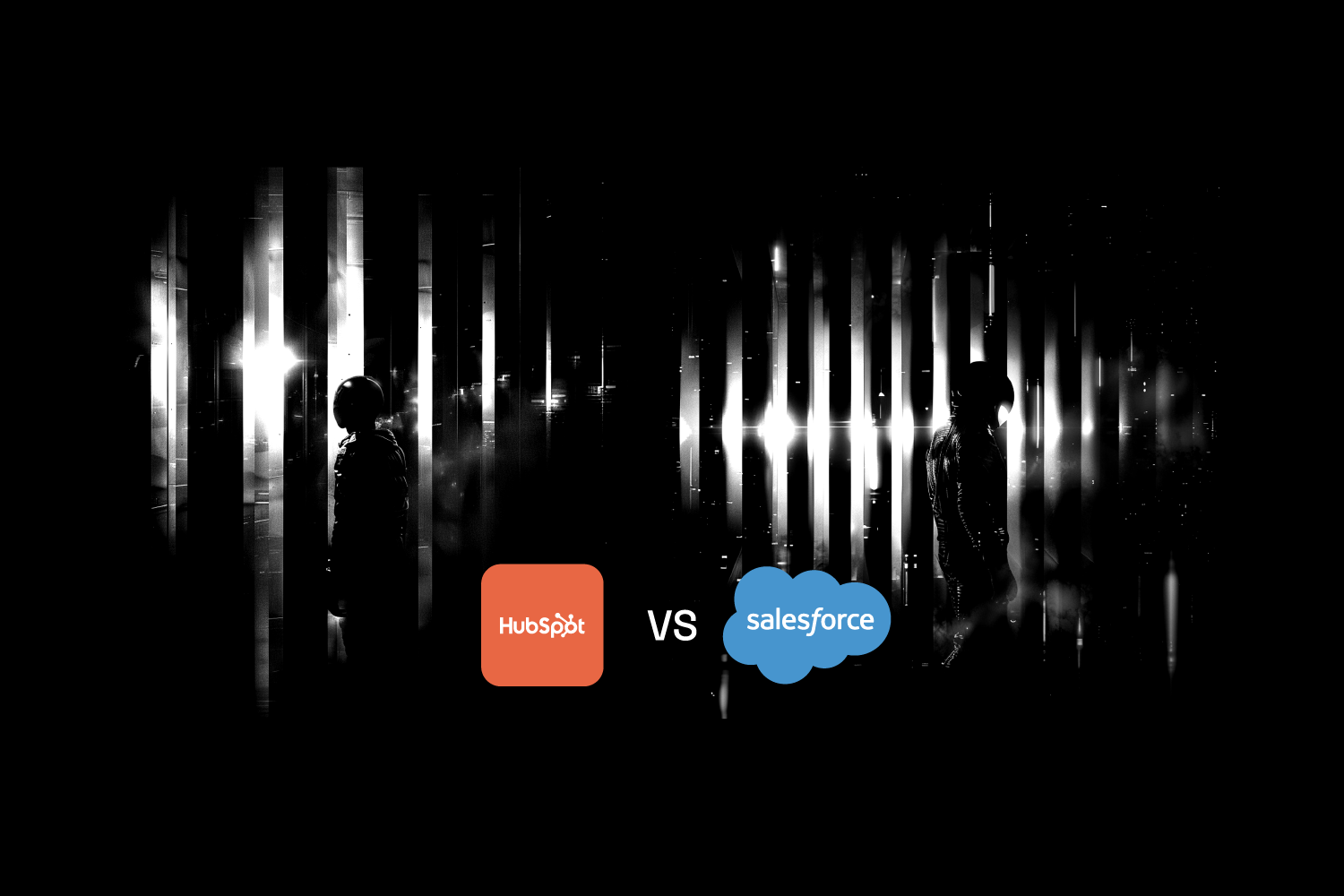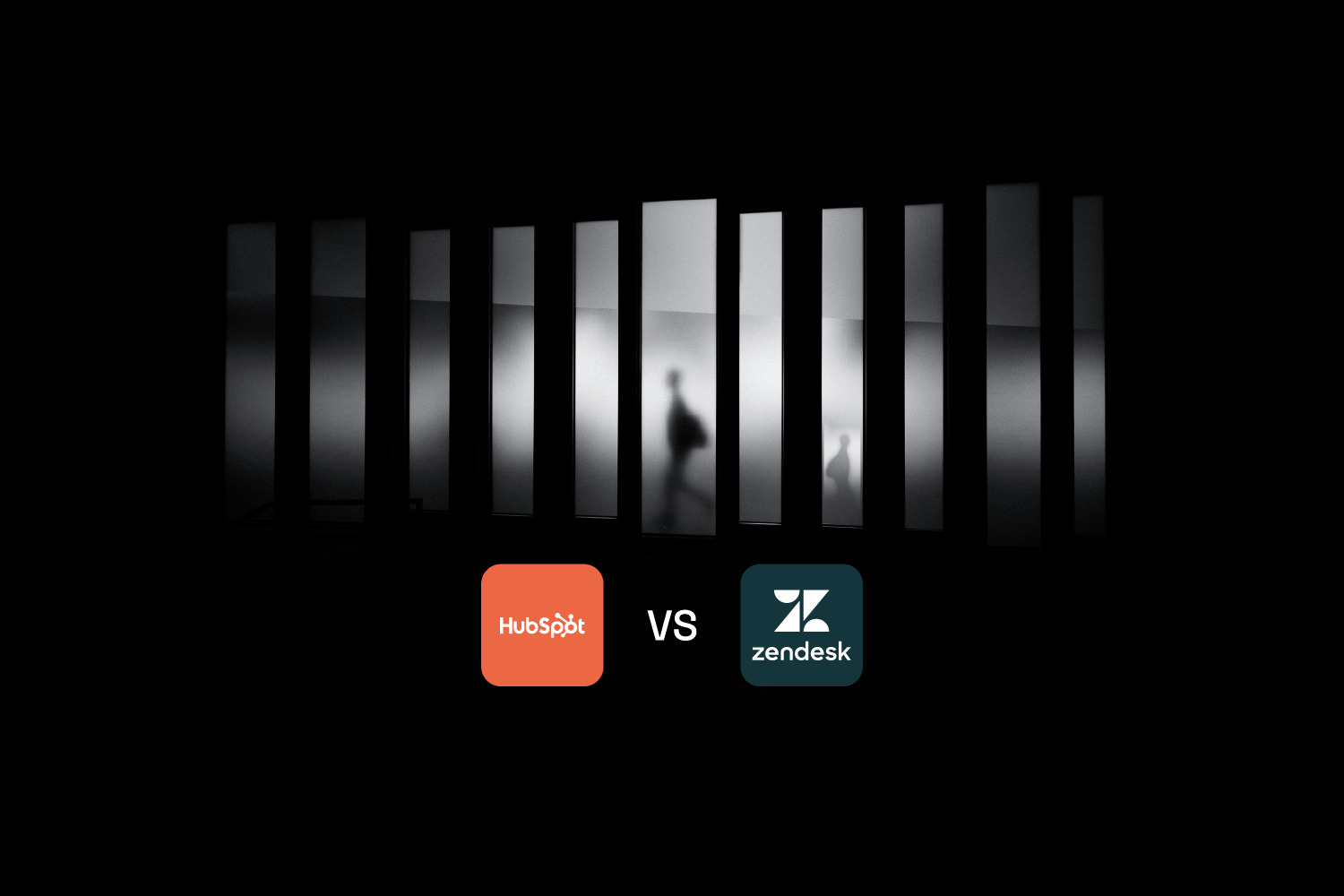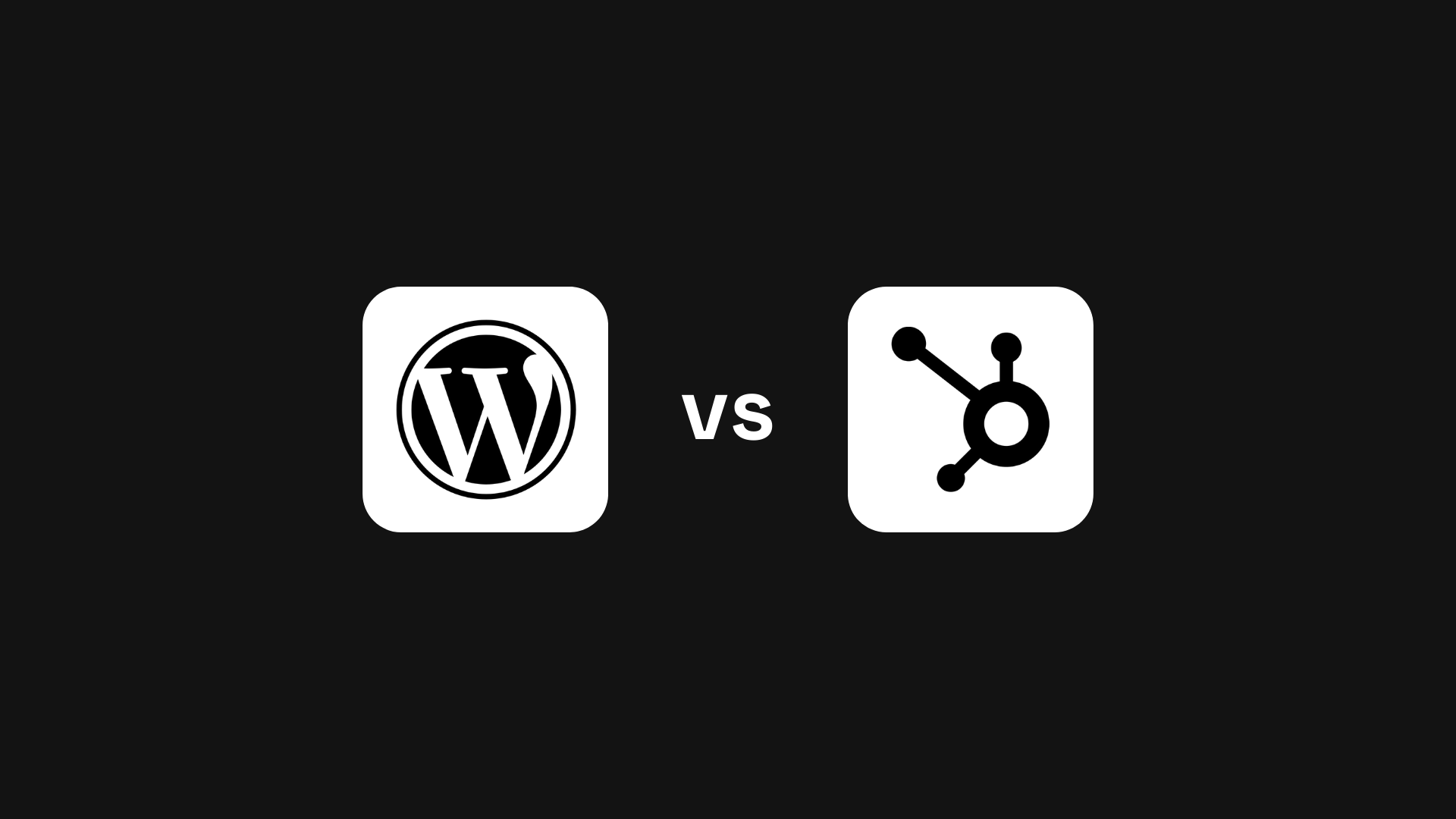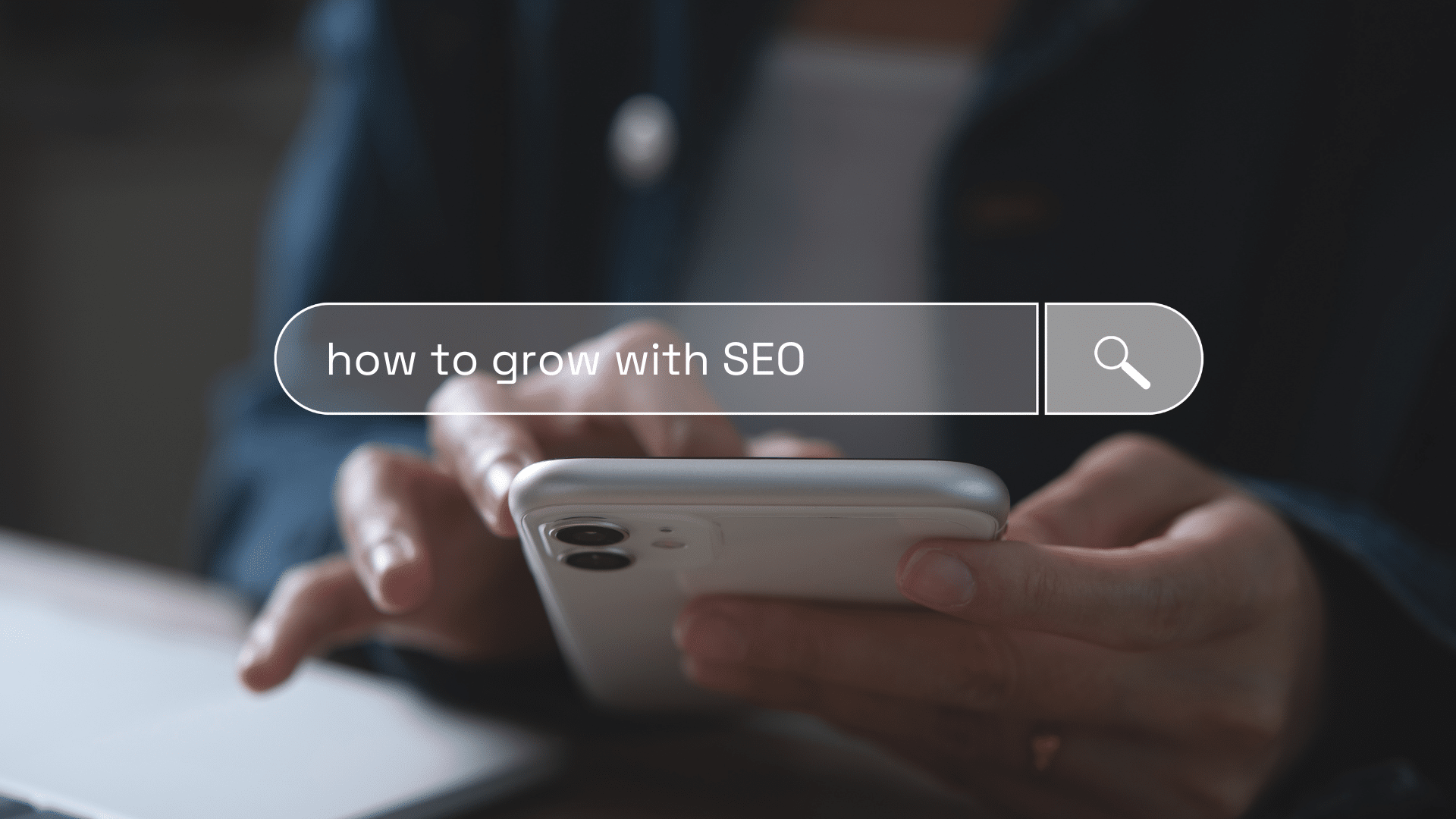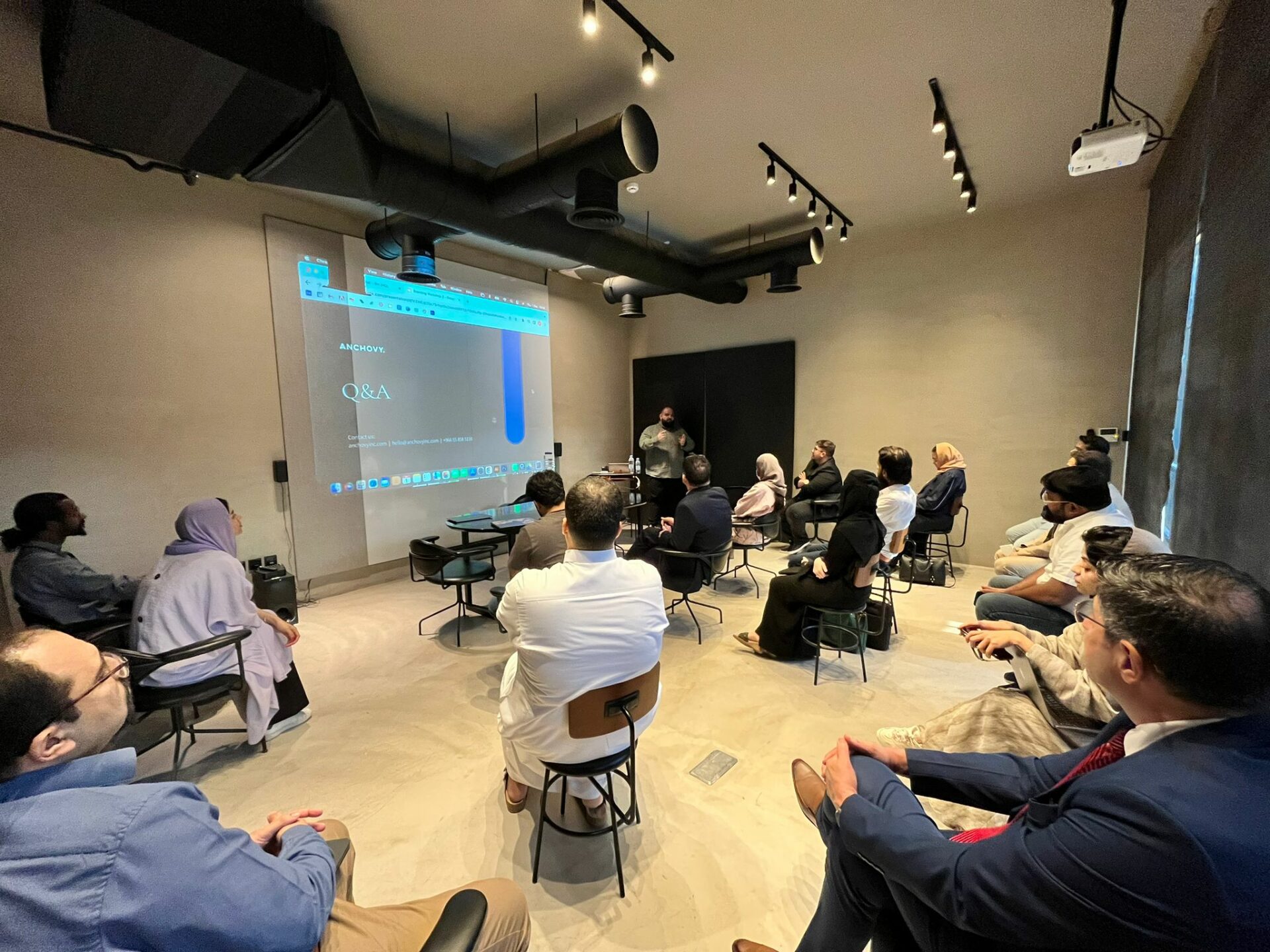what we have been
Up To
Zendesk vs HubSpot
Malta Enterprise Funds and Government Funds for HubSpot CRM
9H CommUnities in Tuscany: A Creative Adventure
CommUnities Trip to Tuscany - February 2024
Malta Enterprise Digitalisation Schemes 2024 with 9H Digital
Malta Enterprise Funds and Government Funds for HubSpot CRM
If You Have No CRM or Hate Your CRM - You Need HubSpot and 9H - And the Right Malta Enterprise Fund to Cover Most of Your Costs.
Malta Enterprise Funds and Government Funds for HubSpot CRM
9H Digital achieves HubSpot Platinum Partner Status
9H Digital HubSpot Partners in Malta since 2023
From Concept to Creation: A Glimpse into Our Creative Journey
Concept creation is not something that just happens on demand. It often requires significant brainstorming, research and experimentation until the right idea finally hits.
The Future of Tech in Malta, Saudi & Beyond: 9H Digital
A new chapter called for a new identity that would represent the company’s expansion and cumulative growth.
Landmark Merger for Branding & Tech in Saudi Arabia
ANCHOVY and Tala Saleh (Founder of The Studio Upstairs) Announce Joint Venture in Saudi Arabia.
SEO Services in Malta
With Search Engine Optimization Agency 9H Digital, your digital presence can rise to the top of the SERPs (Search Engine Results Pages ), making it more likely for customers to find you.
Fueling Business Growth with HubSpot
HubSpot is a popular and comprehensive inbound marketing, sales, and customer relationship management (CRM) software platform.
Malta's First Certified HubSpot Partners
We are proud to have been recognised as a qualified HubSpot Partner for Malta by the HubSpot's Solutions Partner Program.
Choosing the Right E-commerce Platform
Choosing the right eCommerce platform for your business is crucial for the success of your online store.
Beyond Launch: Essential Tips for Maximizing Your New Website’s Success
With over 15 years of experience in designing, developing and maintaining websites, we have put together a few tips and tricks to consistently get the most out of your website.
Website Hosting - Explained
As businesses become more reliant on digital technology, it's becoming increasingly important to ensure that their online presence is hosted on reliable, scalable and secure platforms.
The Power of APIs
From connecting e-commerce platforms to shipping carriers to automating financial processes, APIs have become an essential part of modern business.
The Metrics That Matter
We know that measuring your success is crucial to your business's growth, but with so many metrics and KPIs available, it can be tough to know which ones to focus on.
WordPress vs Webflow: Battle of the CMS
When it comes to building a website, there are many different options available, including WordPress and Webflow.
5 Proven Rules for Successful Brand Design
A brand is much more than just a logo or a design, it is the consumer's perception of a company, product or service. It represents the image, reputation and personality of the organization.
Malta's First Certified WooExperts!
We are humbled to announce that we have officially been recognized as Malta’s first certified WooExperts.
Our First Branding Masterclass in Saudi
In a recent branding masterclass held in Riyadh, Saudi Arabia, our Head of Design, Philip Mercieca was able to explain the importance of branding and how it can contribute to improving a company's digital presence.
Digital Front-end Reinvention for Banks and FinTech
The software revolution— which has already disrupted many industries and has made some industries essentially obsolete —is now rapidly transforming the financial services industry.
The Smart iGaming Path – A Natural High Capacity Extension to Your Team
We are not normal. We provide a trustworthy environment that aligns with your goals. Founded in 2012 and fully based in Malta, we know what it takes to deliver for the iGaming industry.
Brand Architecture
Every business needs brand architecture. It's the structure that allows you to organise your offerings, develop a brand identity, and gain brand equity.
Every Story
needs a Beginning.
Let’s Start Yours!
Ready to bring your vision to life? Let’s talk!












